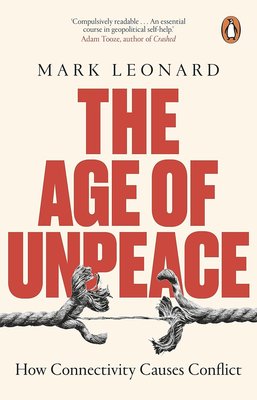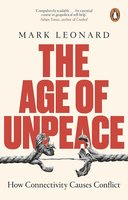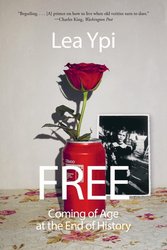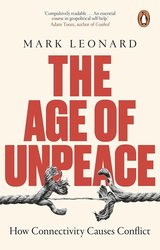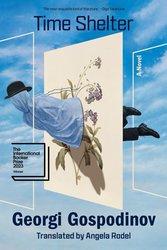A FINANCIAL TIMES ECONOMICS BOOK OF THE YEAR'Compulsively readable... An essential course in geopolitical self-help' - Adam Tooze'Full of fresh - and often surprising - ideas' - Niall Ferguson'Extraordinary... One of those rare books that defines the terms of our conversation about our times' - Michael IgnatieffWe thought connecting the world would bring lasting peace. Instead, it is driving us apart.In the three decades since the end of the Cold War, global leaders have been working to create a connected world. They've integrated the world's economy, transport and communications, breaking down borders in the hope of making war impossible. In doing so, they unwittingly created a formidable arsenal of weapons for new kinds of warfare.Troublingly, we are now seeing rising conflict at every level, from individuals on social media all the way up to full-blown war in eastern Europe. The past decade has seen a new antagonism between the US, Russia and China; an inability to co-operate on global issues such as climate change and pandemic response; and a breakdown in the distinction between war and peace, as the theatre of conflict expands to include sanctions, cyberwar and the pressures of large migrant flows.A leading authority on international relations, Mark Leonard lays out the ways that globalization has broken its fundamental promise to make our world safer and more prosperous, and explores how we might wrest a more hopeful future from an age of unpeace.
